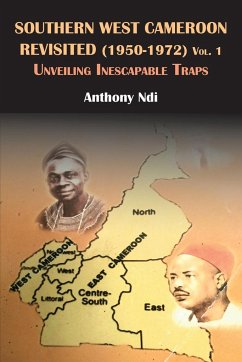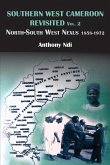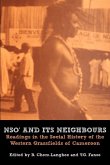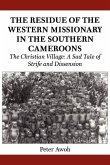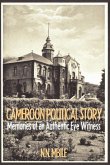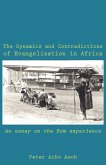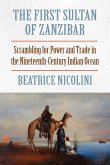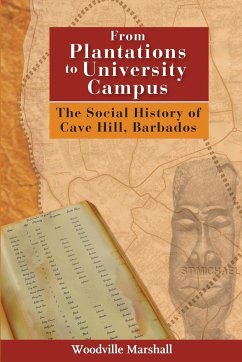This book contributes to discussions on the topical issue of "Fifty Years after the independence of the Southern Cameroons", by taking a critical look at the process that lead up to Southern Cameroons' 'reunification' with la République du Cameroun. This was the period spanning from 1951 to 1961, and possibly up to 1972. This immediately conjures two overriding factors; first, the British colonial policy in Southern Cameroons, which dominated political life in the period leading up to: the Plebiscite, the Buea Tripartite Conference, the Bamenda All Party Conference, the Foumban Constitutional Conference and the Yaounde Tripartite Conference during the phase, 1959-1961. This constituted one huge hoax, whilst that from 1961-1972 and, beyond was dominated by the enigmatic figure of President Ahrnadou Ahidjo. At the heart of the first, are the declassified British secret papers which have uncovered the ugly undercurrents that characterised British colonial policy, while on the other hand, is President Ahmadou Ahidjo, who practically personalized the administration of the Federal Republic of Cameroon. His domination of the entire existence of the Federal Republic of Cameroon, (1961-1972) was overshadowed by the fact that he could not brood sharing power with any individual or institution. Simply put, he was allergic to democratic principles-or any form of opposition to his authority. As well, he was a matchless dictator especially in his ambivalent dealings with Southern West Cameroon. Apparently, it was the "destiny" of Southern Cameroons 'that up to 1961, it was harnessed to the tenterhooks of Great Britain and from 1961-1972, transferred to those of the Ahidjo Regime; neither of which wished its people well.
Hinweis: Dieser Artikel kann nur an eine deutsche Lieferadresse ausgeliefert werden.
Hinweis: Dieser Artikel kann nur an eine deutsche Lieferadresse ausgeliefert werden.

